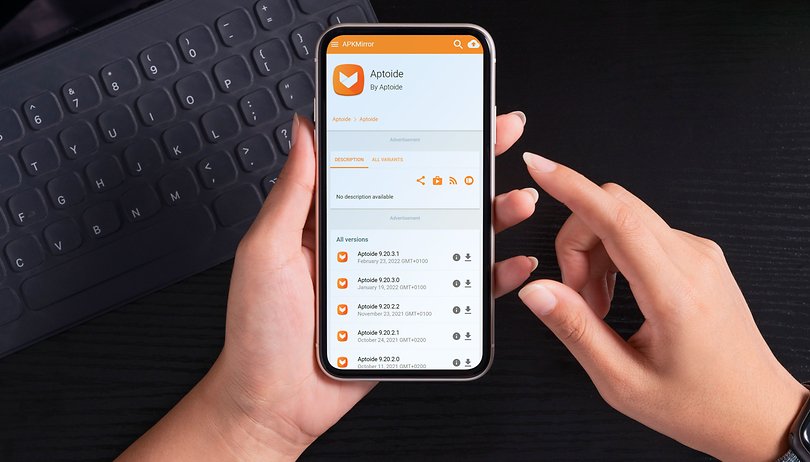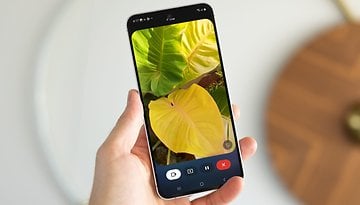Android 14: Google to remove sideloading of outdated APKs and apps


Read in other languages:
Google may now have a better way to combat malware apps and improve security in Android phones and other devices. A spotted new code change suggests that the API requirements for the Android 14 OS will be stricter which would disable sideloading of outdated APK files and block app stores in installing such apps.
Last year, Google stepped up the sideloading restrictions in Android 13 OS where it limits the access of apps outside the Play Store as well as removing the scope of unlisted developers. The upcoming code change that was shared by 9to5Google reveals that the search giant is further making the API requirements more rigorous.
- Don't miss: Top Android and iOS apps of the week
Previous Android versions had allowed for non-compliance apps to be installed manually. Google eventually placed additional measures such as stepping up the target version to Android 12 before a developer can publish their apps in the Play Store. However, there was still another way out for these apps to be installed as long as the user was able to install the apps earlier.
In Android 14 OS, Google is finally addressing several issues by completely blocking users from installing outdated apps. It would also disable manual installation through sideloading of apps or APK files that do not meet the requirements. More importantly, Google will block third-party app stores from installing and giving access to these apps.
As the source notes, the change would help the company in many ways. But the most vital benefits include reducing the number of malware attacks and increasing the security on Android devices, especially on those running the older versions of the operating system.
Google is set to announce Android 14 OS possibly alongside the Pixel Tablet and Pixel 7a at its upcoming I/O Developer's Conference sometime in spring. At the same time, developers will be given early access to test the software ahead of the public release at the end of the year.
Via: 9to5Mac Source: Android Review













